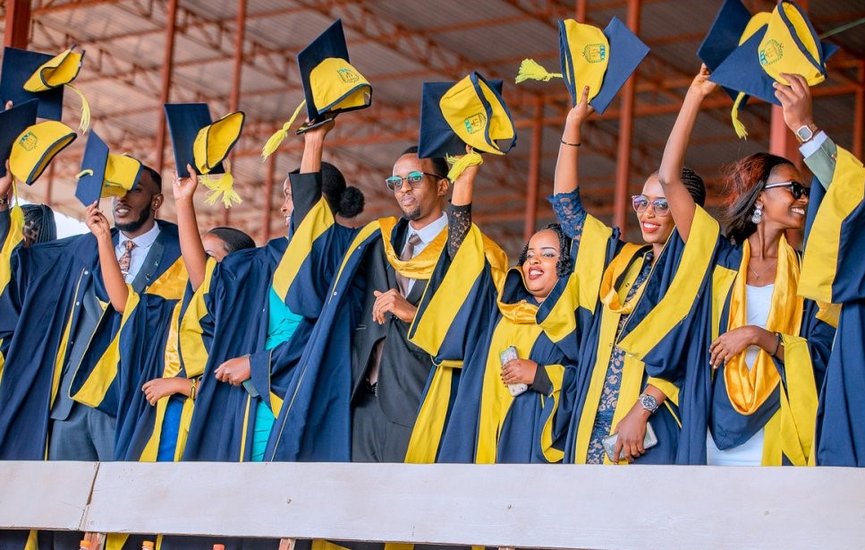At universities in Rwanda, a troubling trend is emerging: some South Sudanese students are navigating campus life not through hard work, but by faking their way through assignments, exams, and even entire courses. The practice has sparked concern among educators and peers alike, raising questions about academic integrity, the pressures facing foreign students, and the long-term impact on both individual futures and institutional credibility.
For many parents in South Sudan, sending their children abroad for higher education is a dream fueled by hope for a brighter future. They sacrifice to provide opportunities they never had, believing their children are on the path to success. However, this trust is being exploited by a few students who, instead of focusing on their studies, are engaging in deceitful practices to appear academically accomplished.
Deng recounts the case of a female student from the class of 2024 who, after failing her first-year finance course and having no records for her second and third years, orchestrated an elaborate scheme to fake her graduation. She had a tailor craft a custom graduation gown and submitted a plagiarized dissertation. On graduation day, her name was conspicuously absent from the list of graduates. When her father inquired, she falsely claimed that her name had been announced in Kinyarwanda. It wasn't until the university administration intervened that the truth came to light.
This incident serves as a stark reminder of the importance of vigilance. Deng urges parents to actively monitor their children's academic progress through official channels, such as the Management Information System (MIS) accounts, to ensure transparency and accountability.
The implications of such fraudulent actions extend beyond individual cases. They tarnish the reputation of institutions that host international students and can lead to broader skepticism about the credibility of foreign degrees. Moreover, they deprive deserving students of opportunities and resources that could have been allocated to those genuinely committed to their education.
As Rwanda continues to be a beacon of hope for many students from conflict-affected regions, it is imperative that both students and their families uphold the values of integrity and honesty. Educational institutions must also remain vigilant, implementing robust systems to detect and prevent academic fraud. Only through collective effort can the sanctity of education be preserved, ensuring that it remains a tool for genuine empowerment and progress.
